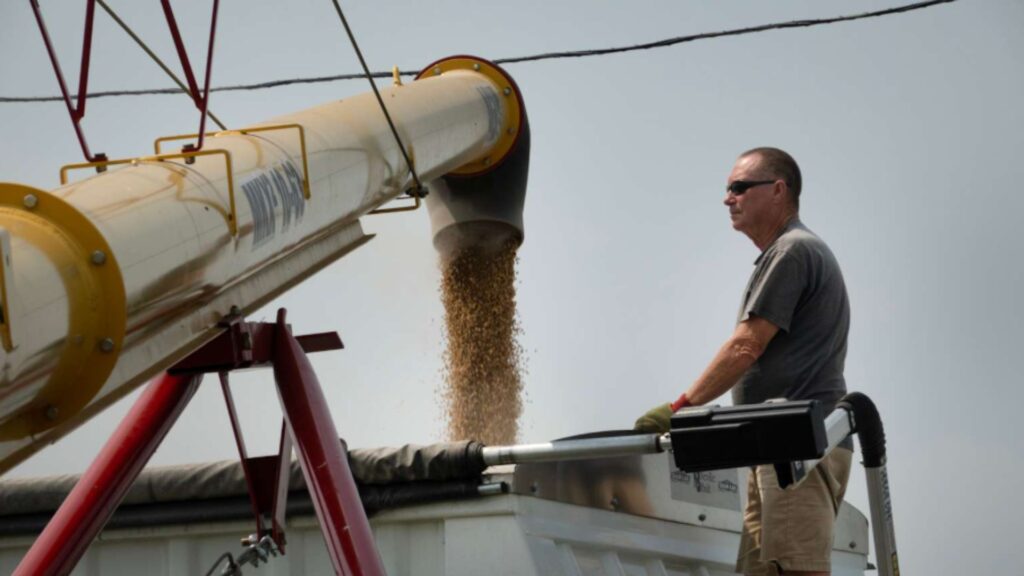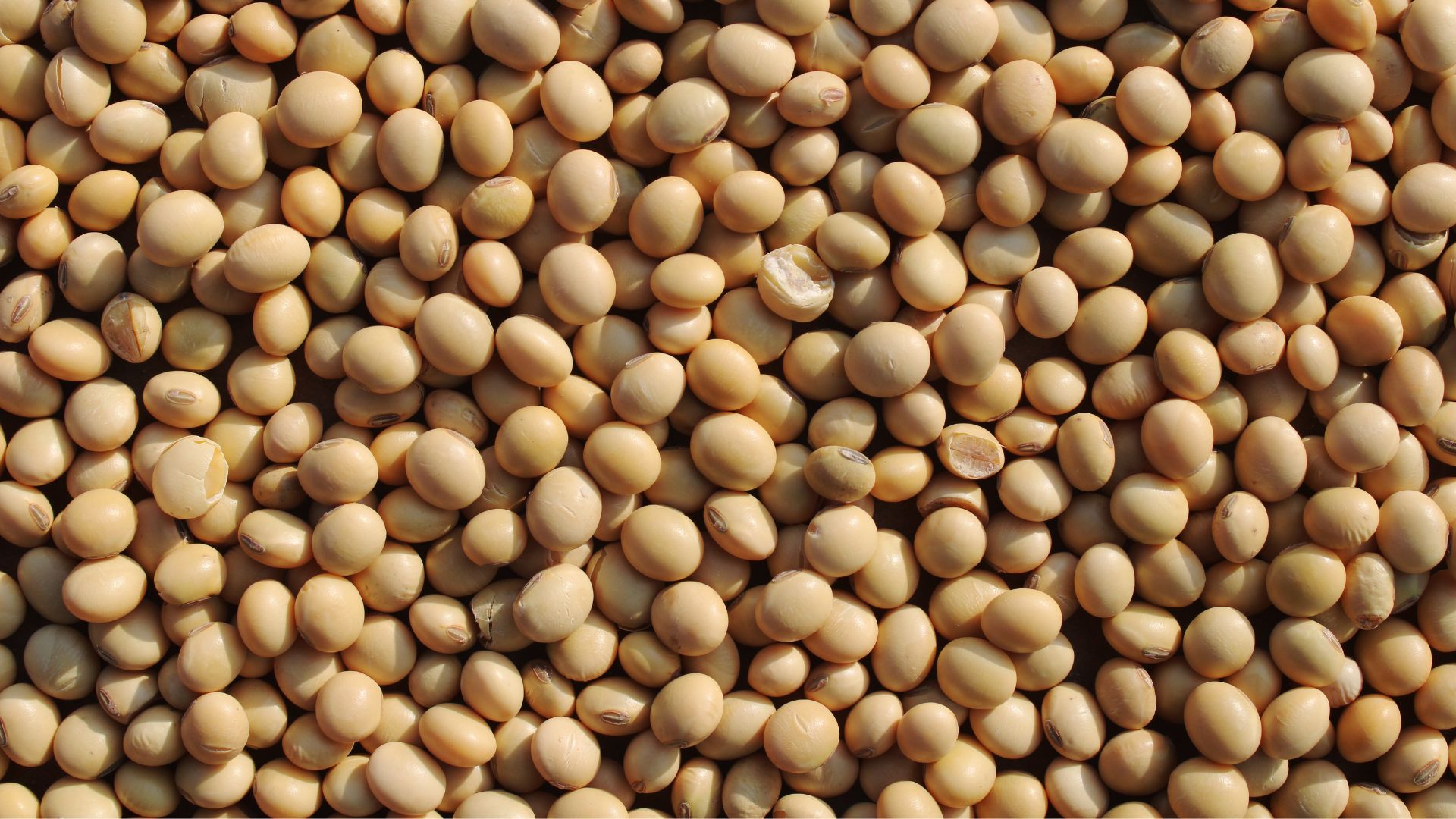
American soybean growers are confronting an unprecedented emergency as China, historically their largest buyer, has placed no orders for the upcoming harvest season despite forecasts for a near–record 4.3 billion–bushel yield in 2025. With roughly one-third of annual U.S. soybean exports typically bound for China by this stage, the absence of Chinese purchases has forced prices down 40 percent from three-year highs while production costs and interest rates continue to rise. Ninth-generation Kentucky farmer Caleb Ragland warned in a widely viewed video that growers are “in a very dire situation,” underscoring the severe financial strain on America’s half-million soybean producers.
The sharp downturn follows China’s strategic pivot to South American suppliers amid ongoing trade tensions and retaliatory tariffs. Chinese importers have already secured about 7.4 million metric tons of Brazilian soybeans for October delivery—meeting approximately 95 percent of anticipated demand—compared with 12–13 million tons of U.S. soybeans contracted at this time last year. The American Soybean Association’s urgent letter to President Trump highlighted that China has purchased an average of 61 percent of global soybean supplies over the past five years, making the disruption especially catastrophic for U.S. farmers.
Financial Devastation for U.S. Growers
The lack of Chinese demand has driven soybean prices to roughly $8 per bushel—about $2 below costs of production in many states—threatening widespread bankruptcy among family farms. Ragland projects personal losses near $750,000 this season, relying on loans to stay afloat. In South Dakota, which produces 250 million bushels annually, a $2 per-bushel drop translates into approximately $500 million in collective losses for local producers.
With growing exit queues in farm credit and rising delinquency rates, rural communities face cascading economic fallout. Corn growers report an 81 percent decline in soybean export sales compared to the five-year average, compounding financial stress across crop rotations and affecting allied industries such as equipment manufacturing, transportation, and processing facilities.
China’s Strategic Pivot to Brazil
Beijing’s aggressive shift toward Brazil has set new import records: in August, China purchased 12.28 million metric tons of Brazilian soybeans, the highest volume ever recorded for that month. Brazil already supplied 71 percent of China’s soybean imports in 2024, and early-season stockpiles have swelled to 6.8 million tons as of September, nearly matching March highs.
U.S. soybeans now face a 23 percent tariff in China—adding roughly $2 per bushel to costs—making them prohibitively expensive compared to untariffed South American alternatives. This tariff barrier has effectively shut American suppliers out of the market, forcing importers to lock in South American contracts and swiftly pivot away from long-standing trade relationships (Reuters).
Industry-Wide Economic Crisis
Trade tensions stemming from U.S. tariff policies have reshaped global agricultural patterns, echoing the 2018–2020 trade war when U.S. agriculture lost $26 billion—including $20 billion in soybean revenues. National Corn Growers Association leaders warn of a broader rural downturn as corn prices have plunged over 50 percent from 2022 peaks while production expenses have hardly budged.
While new infrastructure—including a $500 million processing facility in South Dakota capable of crushing 35 million bushels annually—offers limited relief, domestic capacity remains insufficient to absorb the volume previously destined for China. Without a swift resolution, farmers fear mounting debt burdens and accelerated consolidation that could reshape the U.S. agricultural landscape for decades (Soy Growers).













I don’t think the title of your article matches the content lol. Just kidding, mainly because I had some doubts after reading the article.